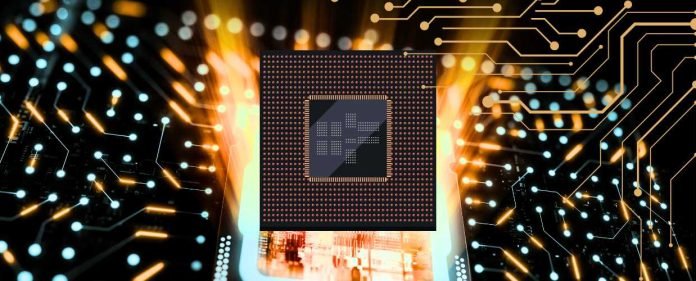In the ever-accelerating march of technological progress, few innovations have played a pivotal role, the computer processor one of them. As we delve into the intricate realm of digital landscapes, it becomes evident that the humble processor is our digital world’s true heart and brain, driving the engines of change in ways previously unfathomable. Its evolution has been remarkable, and its potential continues to expand, promising a future that once seemed confined to science fiction.
From the earliest days of computing, when bulky and slow machines occupied entire rooms, to the present era, where handheld devices possess more computational power than those early giants, the journey of computer processors has been awe-inspiring. The Moore’s Law phenomenon, predicting the doubling of transistors on a microchip approximately every two years, has been the driving force behind this exponential growth in processing power. This trend has enabled the creation of faster, more energy-efficient computers capable of handling incredibly complex tasks, from artificial intelligence to real-time simulations. The multi-faceted role of processors extends beyond personal computers.
In an era marked by interconnectedness, computer processors power the infrastructure of modern life, from smartphones that keep us connected to data centers that underpin cloud computing. The invisible hands process our commands in milliseconds, making seamless experiences possible. The recent surge in edge computing, where processing occurs closer to the data source, highlights the adaptability of processors to changing needs and emerging technologies.
As we stand on the cusp of a new era, the potential applications of computer processors are even more intriguing. Quantum processors, harnessing the strange laws of quantum mechanics, offer the tantalizing possibility of solving previously impossible problems due to their complexity. They could revolutionize cryptography, optimization, and drug discovery, fundamentally altering our approach to scientific exploration and technological innovation. Yet, with every stride forward, challenges arise. The ballooning energy consumption of high-performance processors raises concerns about sustainability. Efforts to design processors that balance power and efficiency are now imperative to curb their environmental impact. Additionally, as processors become increasingly intricate, security and privacy issues loom. The potential for cyber threats demands constant vigilance in developing robust defense mechanisms.
In conclusion, the computer processor is a testament to human ingenuity and the power of innovation. Its evolution from its earliest iterations to its current state mirrors the advancement of society itself, offering a roadmap of human achievement. As we venture deeper into the digital age and explore the possibilities of artificial intelligence, quantum computing, and beyond, let us remember that the processor is at the heart of it all – a silent but omnipresent force shaping our world.



